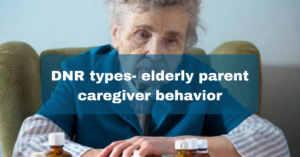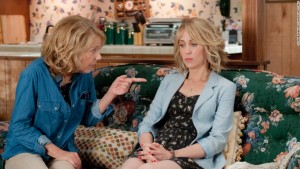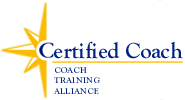 DNR types- elderly parent caregiver behavior spins the usual association to the term. As our parent’s needs change, we arrange medical health directives.
DNR types- elderly parent caregiver behavior spins the usual association to the term. As our parent’s needs change, we arrange medical health directives.
Although Do Not Resuscitate is a common condition for elderly people, there IS another type of DNR.
Because all elderly parent caregiver’s lives are altered by their experience, there are many ways to handle it. Please know that what follows in this post is a combination of observation AND opinion.
My opinion on this is strong. While it may sting some readers, I have years of observation on this phenomenon. Rather than indicating the caregivers, I post this as how it seems to affect “DNR” elderly parents.
DNR – Deposit and Retreat
Even the best cases of elderly parent caregiving include sacrifice. Due to this guaranteed sacrifice, there is a sharp increase in Deposit and Retreat behavior.
Once our elderly parents need consistent support, there is a run to “fix” the situation. While we look for systems to help us, senior housing options often rise to the top of the list. And, as an example, assisted living can be an effective placement for our elderly parents. BUT…….here’s the rub:
While we look for systems to help us, senior housing options often rise to the top of the list. And, as an example, assisted living can be an effective placement for our elderly parents. BUT…….here’s the rub:
Assisted living facilities can address daily living activities.
Comfortable shelter, food, laundry, and bathing are provided. SO….many adult children caregivers “deposit” their elderly parents in a facility designed to meet their needs.
Once “deposited” though, not all elderly parent’s needs ARE met. And, because of adult children “retreat” back into their own lives, there are:
Retreat consequences
http://jester.org is one of the numerous publications touching on an often overlooked element of elderly parent caregiving. While the basic elderly parent needs can be provided in assisted living, emotional needs don’t always make the “to do” list. Retreat consequences can include:
- The elderly parent has few and infrequent visitors.
- Reliance on professional “others” to accurately report a parent’s condition.
- Inconsistent or unscheduled phone calls from family members.
- Out of sight leads to out of mind.
- Professional staff (event the BEST ones) recognize that no one is consistently at the family “helm” of care.
Consequently, elderly parents experience some of the following:
Observed elderly parent consequences
First of all, these are observations from MY experience. And….comments and laments shared by many elderly assisted living residents:
- Elderly parents report feeling “unimportant” or irrelevant.
- Children and grandchildren do not seem to “find the time” to visit or call.
- Loneliness and boredom become a constant of everyday life.
- Many elderly people report feeling abandoned by families.
- Holidays and special occasions are given little attention.
- Elderly parents feel as if they are “bothering” their family by calling them.
- FEAR is a frequent ingredient when an elderly parent feels the effect of “Deposit N Retreat.”
Finally, there is NO “correct” elderly parent caregiver behavior.
However, there IS the other side of the coin we are tossing. Elderly parents do feel neglected and overlooked.
Especially when their “DNR” order seems to be the Deposit N Retreat type.
DNR types- elderly parent caregiver behavior does not have to be an indictment. It CAN, however, be an awareness.
If you enjoyed this post please coment and share if you want more content like this

- 9 Years as Facilitator for local retiement adjustment group
- Bachelor of Science in Education (B.S.)
- Three Master's Degrees (M. Eds) in Learning Remediation, Vocational Education and Administration.
- Certified Family Transitions Coach (Certified Through Coach Training Alliance)
- Active member of International Coach Federation.
- Lifelong learner and practitioner of gracefully applying grit to life's challenging transitions.
Email: Julie@JulieGreen.org
Phone: 208-755-2824







